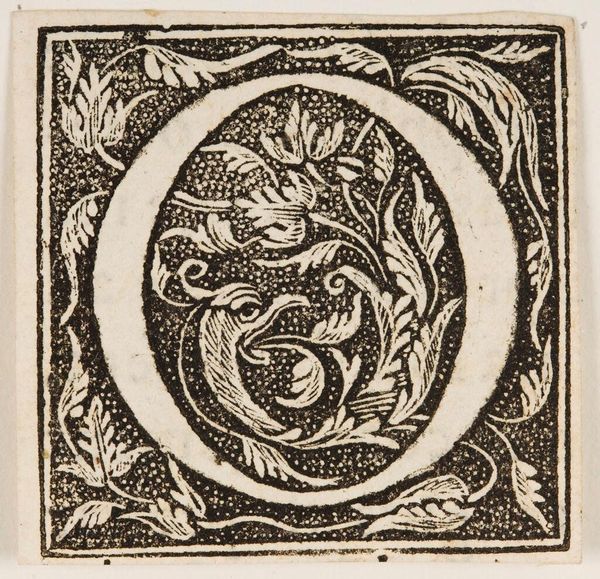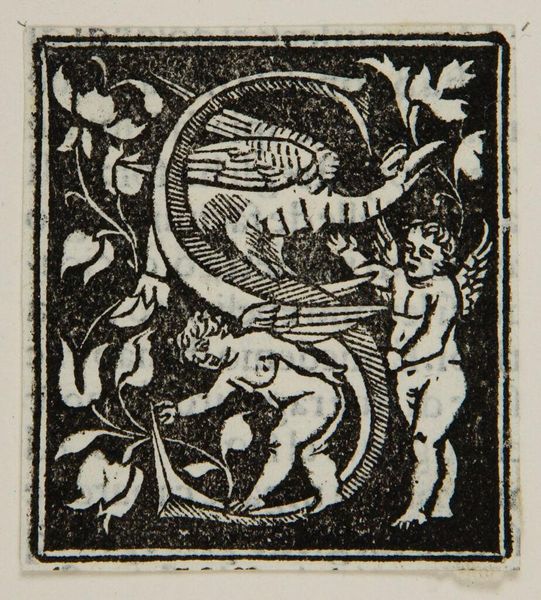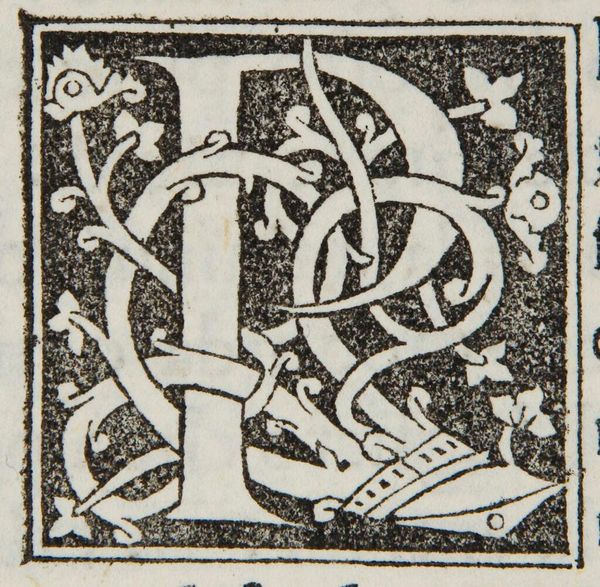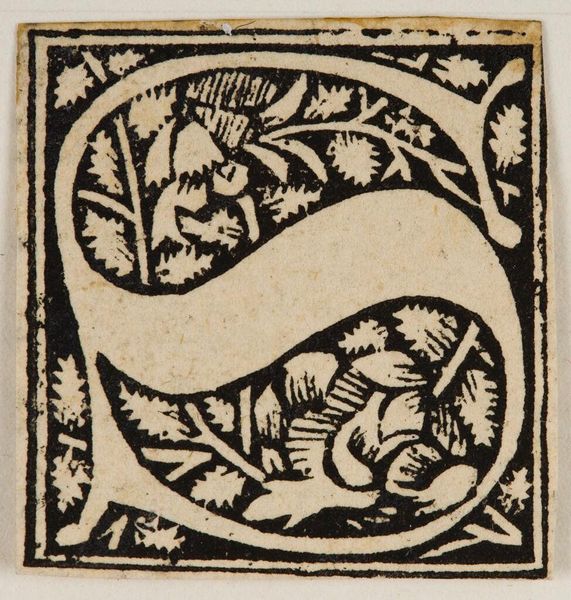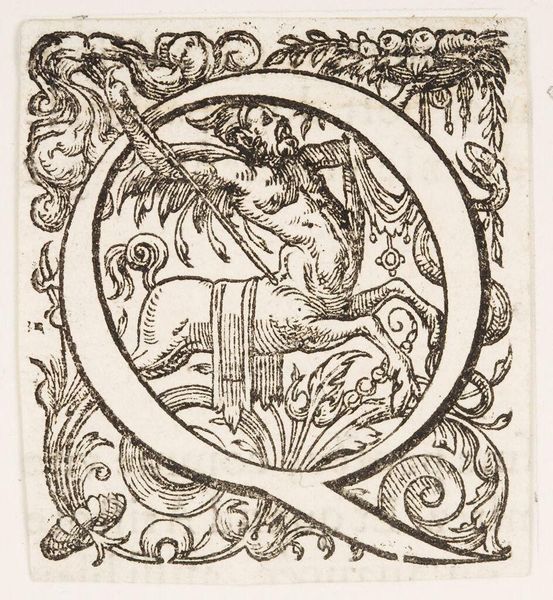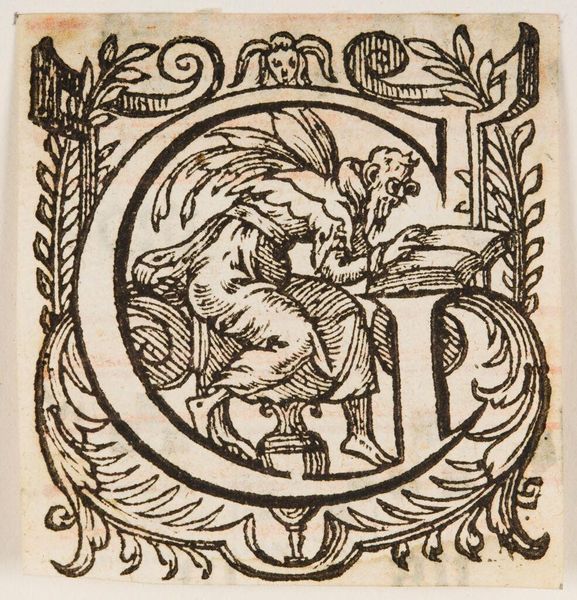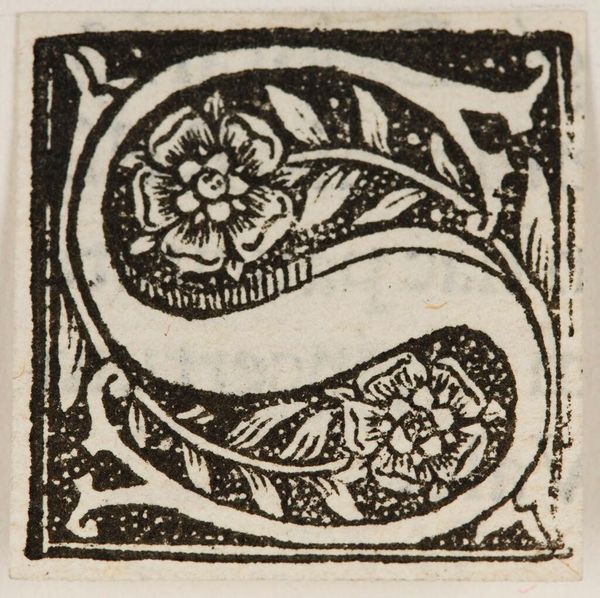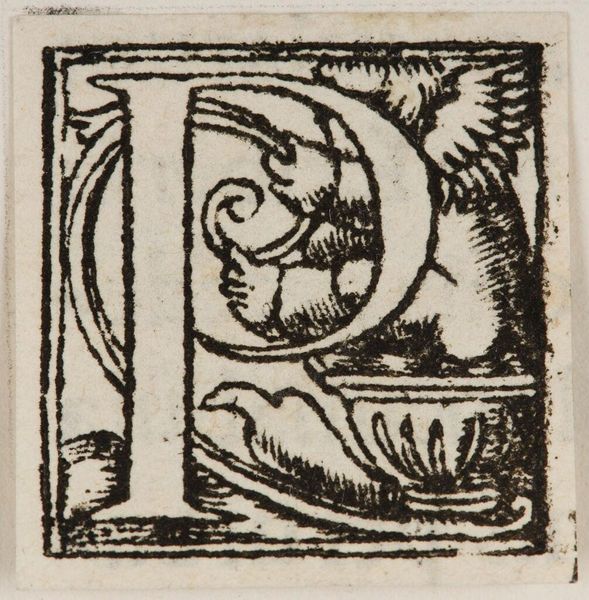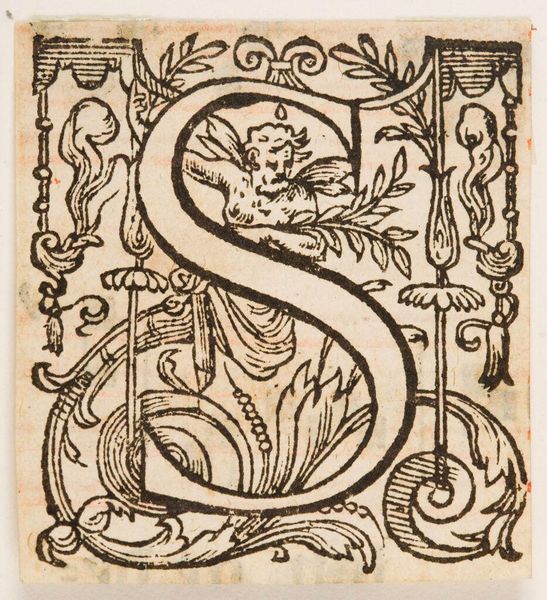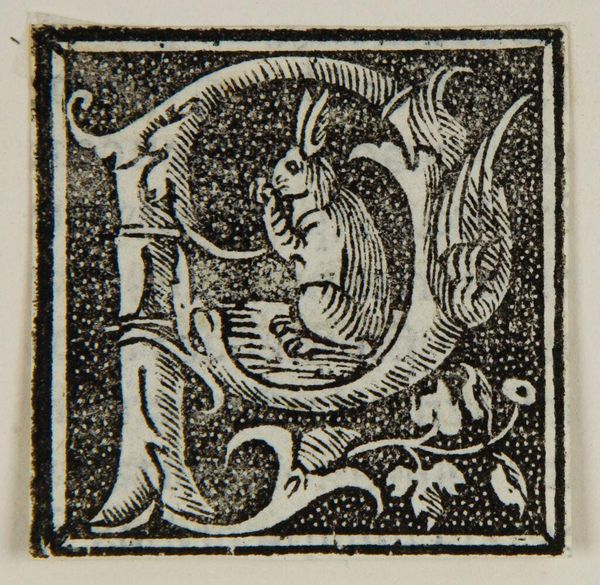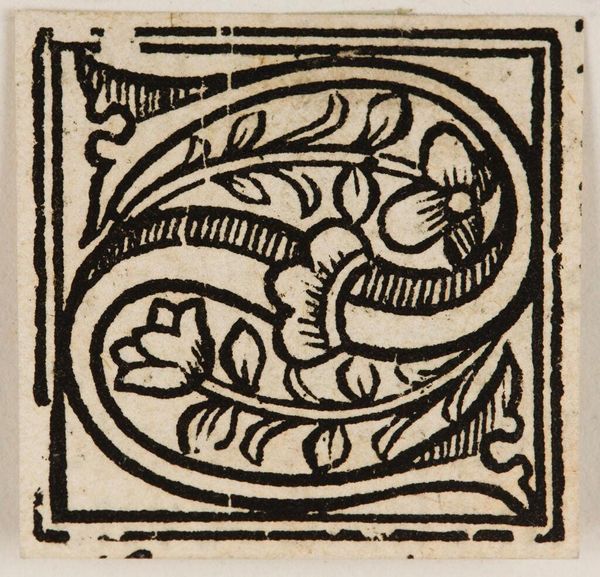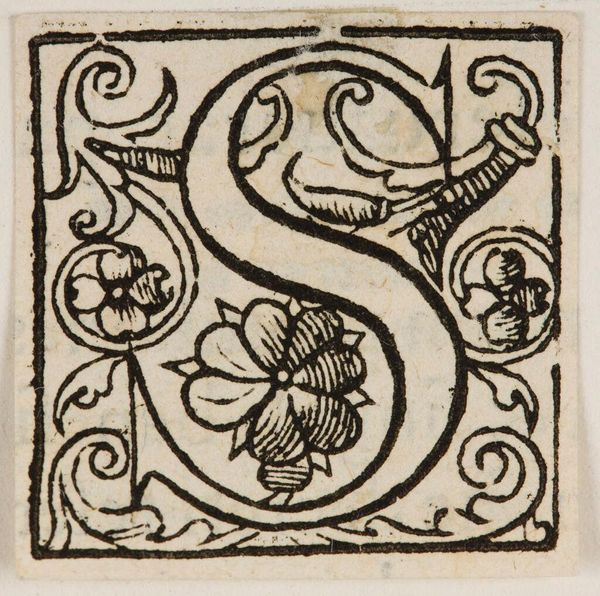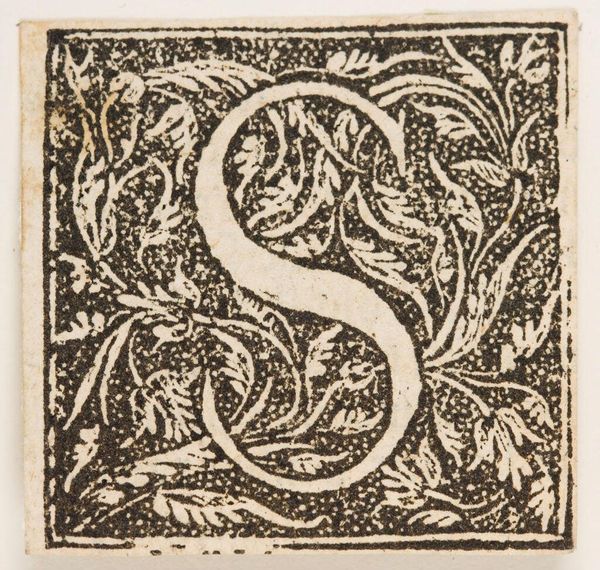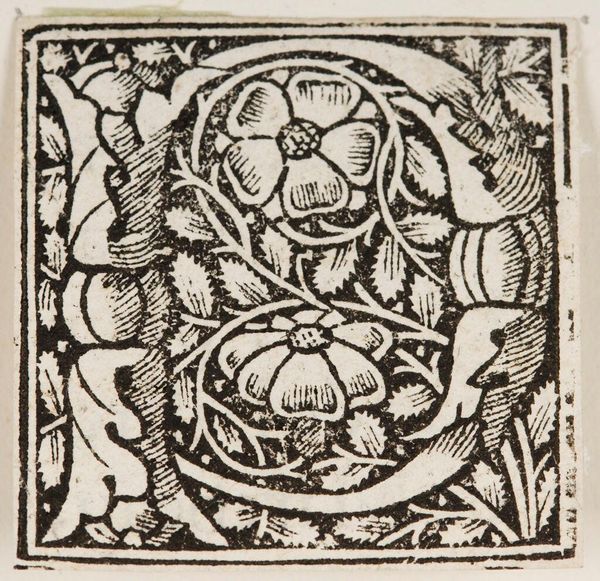
Copyright: M.C. Escher,Fair Use
Editor: So, here we have an untitled woodcut by M.C. Escher from 1931. It's strikingly geometric, playing with contrast and texture in a way that’s almost dizzying. What’s your take on this visually arresting piece? Curator: It's tempting to dive into the optical illusions Escher is known for, but I'm curious about its context. 1931…the rise of authoritarianism in Europe. How do you see Escher engaging with or perhaps consciously *dis*engaging from those social realities through this type of work? Editor: That’s a really interesting point! I was focused on the abstract and the intricate detail, but didn’t consider the broader political environment. Is it possible the geometric nature offered a refuge from a world in turmoil? Curator: Exactly. Abstraction, especially in times of political unrest, can be both an escape and a subtle form of resistance. Is Escher’s intricate patterning a purely formal exercise, or could its complexity reflect an attempt to create a space outside of dominant ideologies? What statements are being made in terms of line and space in the absence of a narrative? Editor: Hmm, a refuge perhaps crafted within its lines? The rigidity versus the almost organic flowing shapes also makes for interesting contrasts when considering socio-political implications. Almost a world defined by tension! Curator: Yes! Think about the role of institutions like museums and galleries at this time. How did they shape the reception and understanding of art that wasn't explicitly political, like this piece? Was there an unspoken expectation for art to address the issues of the day, and what did it mean to resist that expectation? Editor: That’s food for thought. I originally saw it as just a clever manipulation of form, but now I see it might be more loaded with context than I initially assumed. It might act as social commentary and rejection through escapism. Curator: Precisely! Looking at it this way underscores that artistic choices are rarely made in a vacuum. Context matters, even when the artist seemingly shies away from it directly. Editor: Thanks for the new perspective! I’ll definitely look at Escher and other abstract artists from this period differently. Curator: My pleasure. I have learned just as much as you have today. It’s so very rewarding to work together and combine viewpoints.
Comments
No comments
Be the first to comment and join the conversation on the ultimate creative platform.

